
As thefts continue to rise, it’s essential to prioritize the security of our personal belongings, especially when it comes to our purses. While purses serve as convenient carriers for our essentials, there are certain items that should never find their way into them. By being mindful of what we store, we can significantly reduce the risk of loss or theft. In this article, we highlight 15 items you should never keep in your purse to safeguard your belongings and personal information. From sensitive documents and valuables to digital data and identification, taking these precautions will help protect you from potential harm and prevent identity theft. Let’s explore these items to ensure your purse remains a safe and secure accessory.
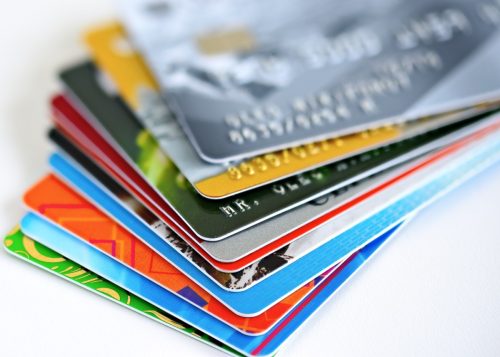
Keeping large sums of cash or an excessive number of credit cards in your purse can make you a target for thieves. Instead, carry only the amount of cash and the necessary cards you need for the day. Consider using secure digital payment methods for added convenience and security.
WHAT TO DO INSTEAD: Carry only the amount of cash and the necessary cards you need for the day. Consider using secure digital payment methods for added convenience and security.
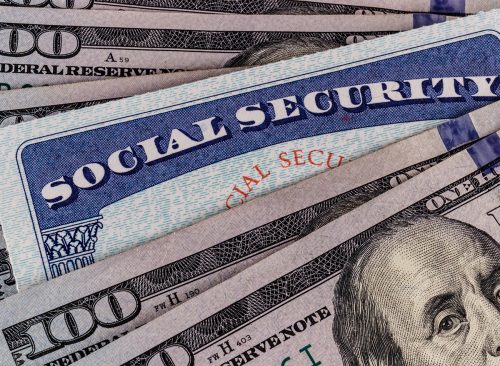
Your social security card and personal identification documents contain sensitive information that can lead to identity theft if stolen. Leave them at home in a secure place or carry a photocopy of your ID, concealing any unnecessary details.
WHAT TO DO INSTEAD: Leave your social security card and personal identification documents at home in a secure place or carry a photocopy of your ID, concealing any unnecessary details.

Losing your purse with spare keys inside can give thieves easy access to your home or vehicle. Avoid this risk by keeping spare keys in a safe place, separate from your purse. If needed, entrust them to a trusted family member or friend.
WHAT TO DO INSTEAD: Keep spare keys in a safe place, separate from your purse. If needed, entrust them to a trusted family member or friend.

Carrying medications in your purse can be convenient, but it’s crucial to keep them secure and avoid potential misuse or theft. Instead, store medications in a designated container or carry a small pill case with the required dosage for the day.
WHAT TO DO INSTEAD: Store medications in a designated container or carry a small pill case with the required dosage for the day.

Writing down passwords and PINs in your purse can expose your digital accounts to unauthorized access. Memorize your passwords or use secure password manager apps to ensure your online security.
WHAT TO DO INSTEAD: Memorize your passwords or use secure password manager apps to ensure your online security.

Wearing or carrying expensive jewelry in your purse can attract unwanted attention. Leave valuable pieces at home or secure them in a safe deposit box when not in use.
WHAT TO DO INSTEAD: Leave valuable jewelry at home or secure them in a safe deposit box when not in use.
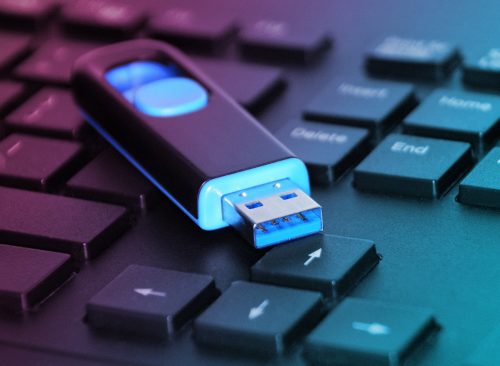
USB drives and external hard drives often contain important data and sensitive information. Keep them separate from your purse or consider using encrypted cloud storage for added security.
WHAT TO DO INSTEAD: Keep USB drives and external hard drives separate from your purse or consider using encrypted cloud storage for added security.
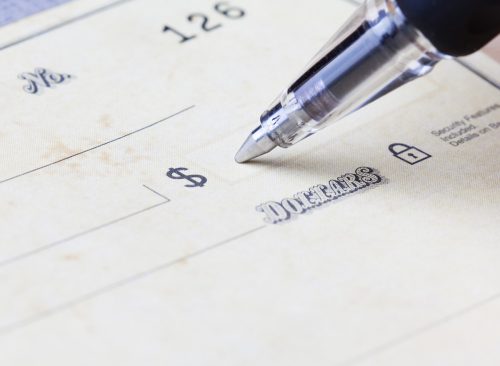
Carrying a checkbook or bank statements in your purse increases the risk of financial fraud. Keep these items at home or in a secure location and review your statements regularly to detect any suspicious activity.
WHAT TO DO INSTEAD: Keep checkbooks and bank statements at home or in a secure location and review your statements regularly to detect any suspicious activity.
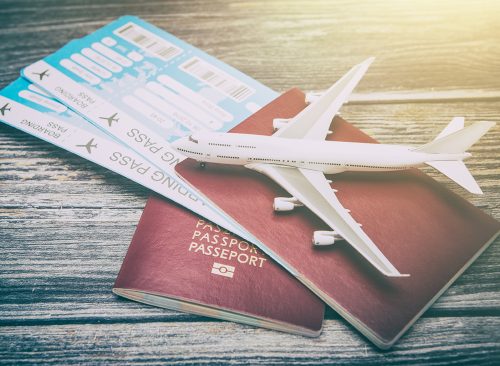
Your birth certificate and passport are essential identification documents that should not be carried in your purse unless absolutely necessary. Store them securely at home or in a safe deposit box.
WHAT TO DO INSTEAD: Store birth certificates and passports securely at home or in a safe deposit box.
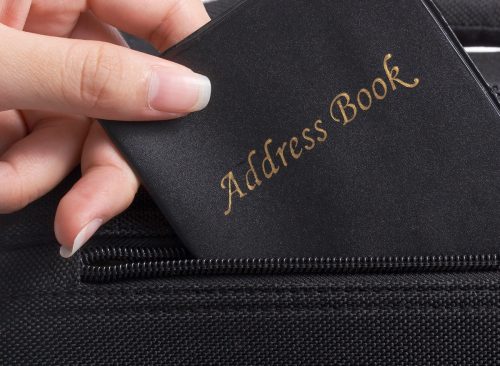
Carrying business cards and address books in your purse can compromise your privacy. Keep them in a separate wallet or use digital alternatives to protect personal contact information.
WHAT TO DO INSTEAD: Keep business cards and address books in a separate wallet or use digital alternatives to protect personal contact information.

Items with sentimental value, such as family heirlooms or irreplaceable photographs, should never be stored in your purse. Keep them safe at home or in a secure location to prevent loss or damage.
WHAT TO DO INSTEAD: Keep sentimental items safe at home or in a secure location to prevent loss or damage.
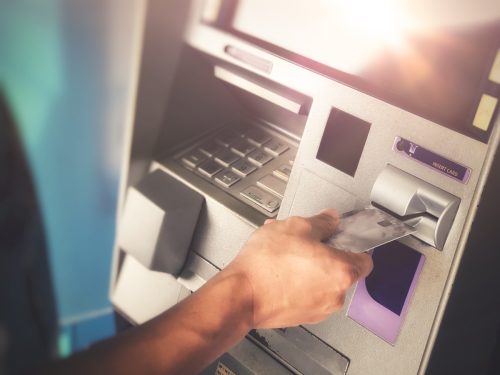
Writing down passwords or PINs on paper and keeping them in your purse can lead to unauthorized access. Memorize your passwords or use password manager apps to enhance your online security.
WHAT TO DO INSTEAD: Memorize your passwords or use password manager apps to enhance your online security.

Carrying spare cell phones in your purse can increase the risk of unauthorized access to your personal information. Keep them secure at home or use additional security measures, such as passwords or biometric authentication.
WHAT TO DO INSTEAD: Keep spare cell phones secure at home or use additional security measures, such as passwords or biometric authentication.
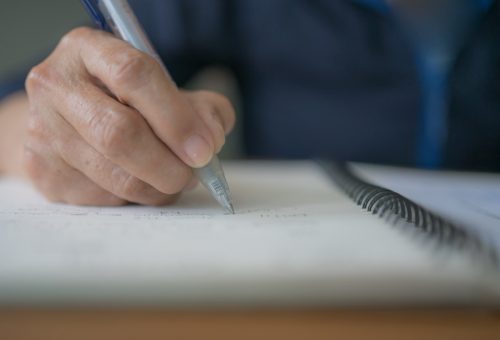
Diaries or journals containing personal thoughts and private information should not be carried in your purse. Keep them in a safe place at home to maintain your privacy.
WHAT TO DO INSTEAD: Keep personal diaries or journals in a safe place at home to maintain your privacy.
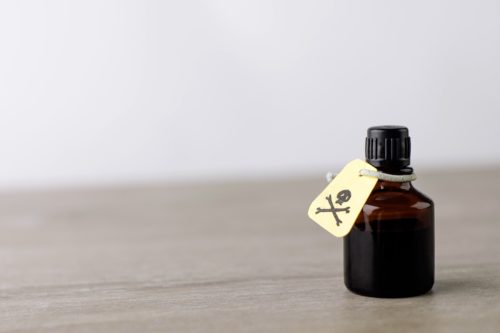
Never store hazardous materials, such as flammable items or chemicals, in your purse. These items can pose a risk to your safety and the safety of those around you. Store them in designated containers and handle them responsibly.
WHAT TO DO INSTEAD: Store hazardous materials, such as flammable items or chemicals, in designated containers and handle them responsibly.














